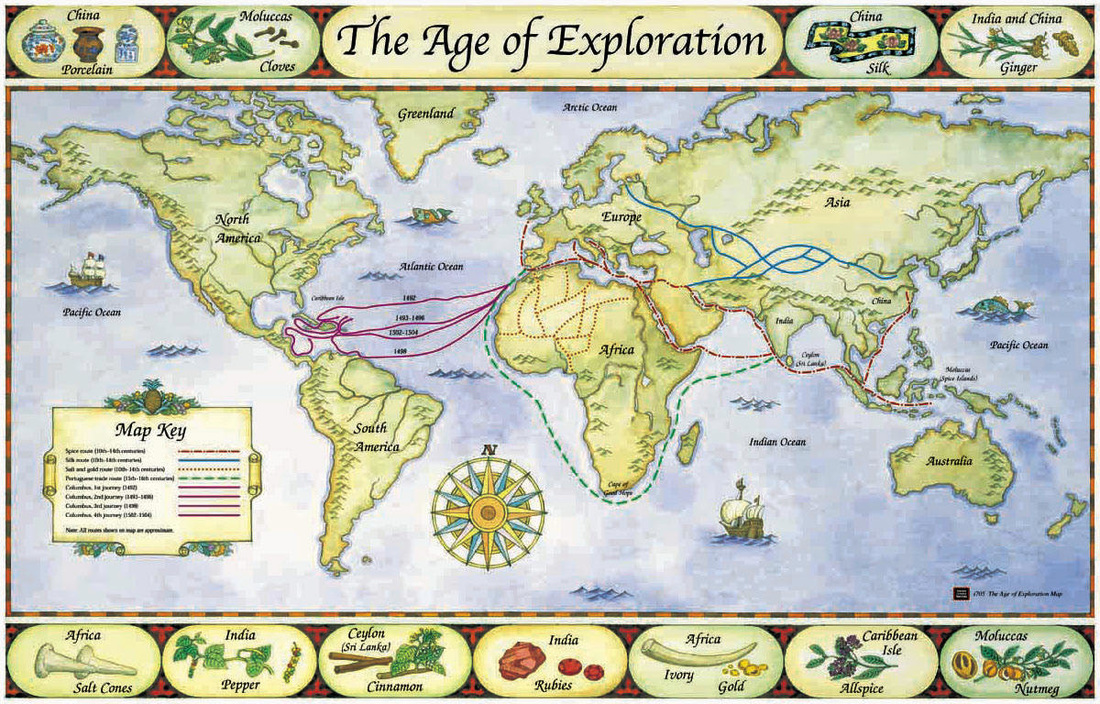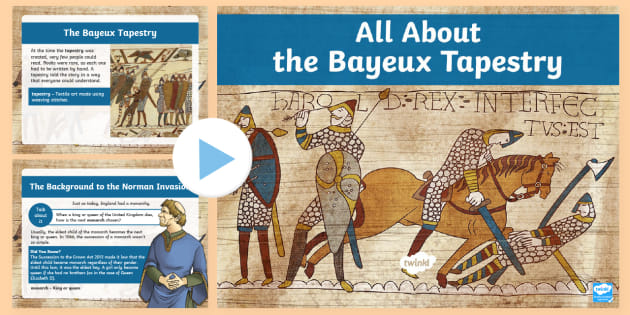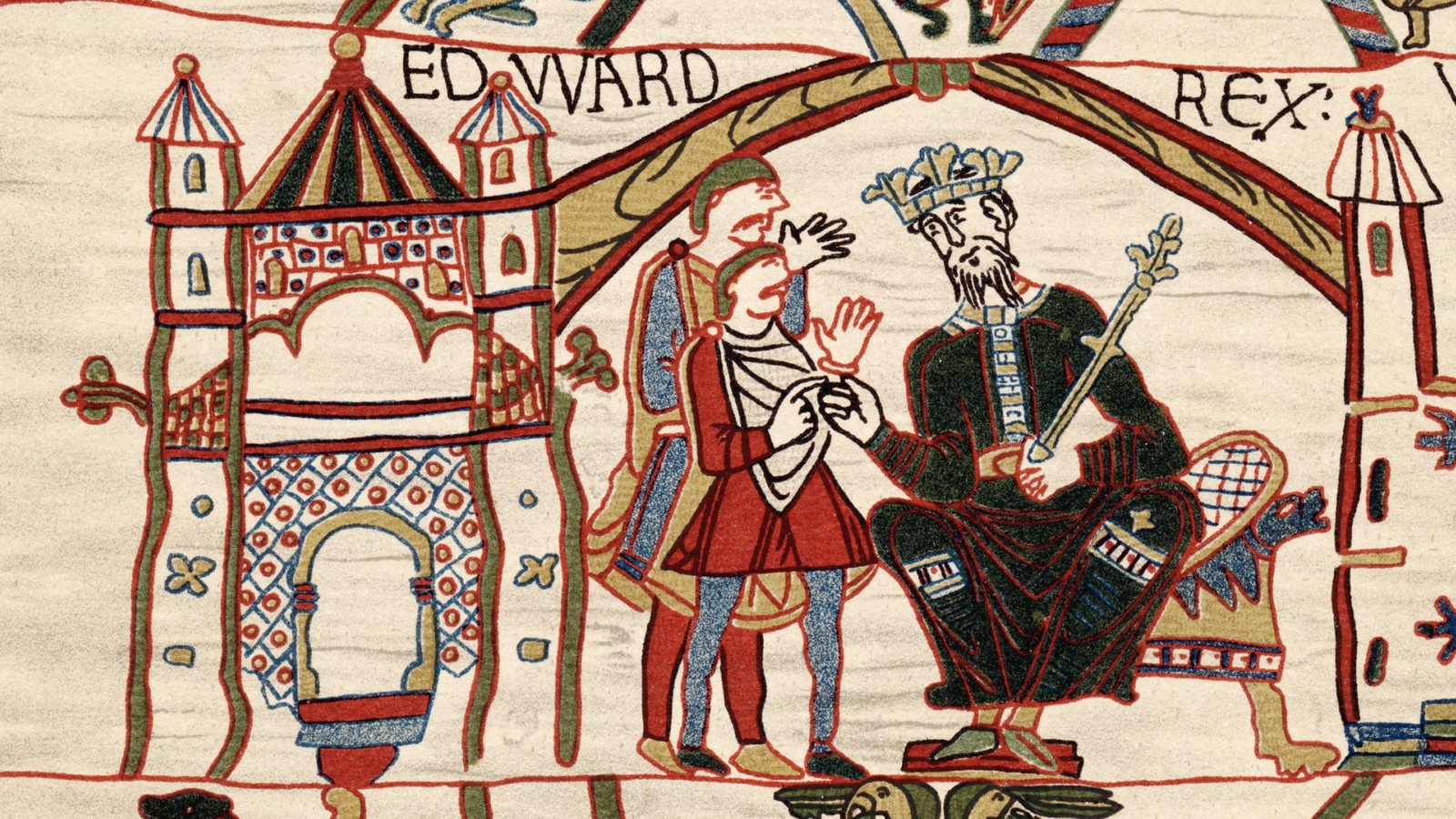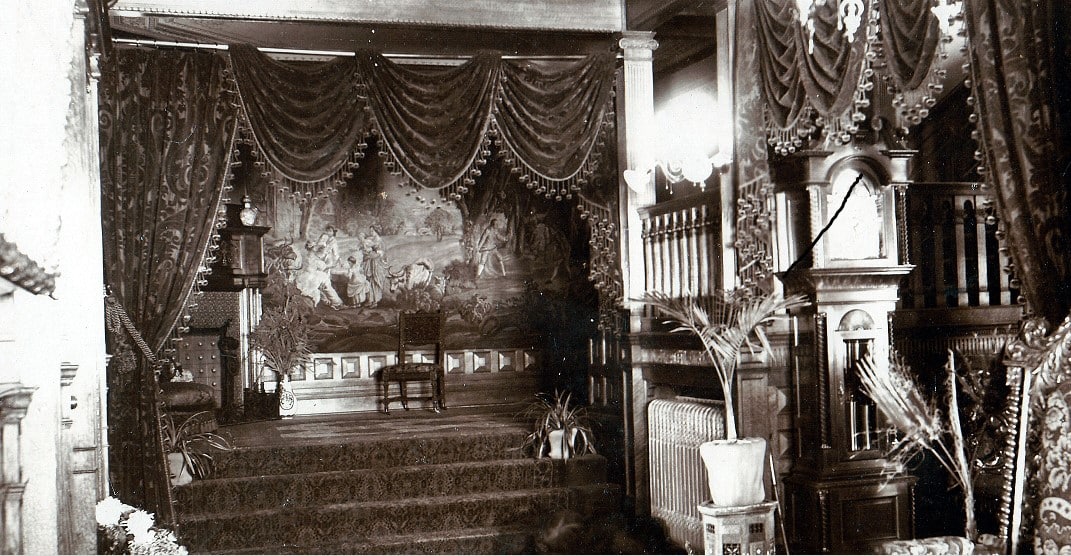Unveiling the Tapestry of Anglo-America: A Geographical and Historical Exploration
Related Articles: Unveiling the Tapestry of Anglo-America: A Geographical and Historical Exploration
Introduction
With enthusiasm, let’s navigate through the intriguing topic related to Unveiling the Tapestry of Anglo-America: A Geographical and Historical Exploration. Let’s weave interesting information and offer fresh perspectives to the readers.
Table of Content
Unveiling the Tapestry of Anglo-America: A Geographical and Historical Exploration

The term "Anglo-America" often evokes images of bustling metropolises, sprawling landscapes, and a shared cultural heritage. This geographical and cultural region, encompassing parts of North America, holds a significant place in global history and continues to shape the world today. Understanding the Anglo-American map, both geographically and historically, provides invaluable insights into the region’s complexities and its enduring influence.
Delving into the Geography of Anglo-America
Anglo-America encompasses a vast and diverse region, encompassing:
- The United States: From the Atlantic coast to the Pacific Ocean, the United States stretches across a wide range of landscapes, including towering mountains, fertile plains, arid deserts, and lush forests. Its diverse geography has shaped its economic development, cultural identity, and political landscape.
- Canada: Occupying the northern portion of North America, Canada boasts an equally diverse geography, ranging from the vast prairies of the interior to the rugged mountains of the west and the icy expanse of the Arctic. This diverse landscape has fostered a unique cultural identity and a strong sense of national pride.
- The Caribbean: While often considered separately, certain Caribbean islands, particularly those with historical ties to Great Britain, are sometimes included within the Anglo-American sphere. These islands, with their rich cultural tapestry and diverse populations, contribute to the broader Anglo-American narrative.
Tracing the Historical Roots of Anglo-America
The term "Anglo-America" itself reflects the region’s historical ties to Great Britain. European colonization, primarily by English settlers, began in the 16th century, laying the foundation for the development of distinct Anglo-American societies. This historical legacy has left an enduring imprint on the region’s language, legal systems, political structures, and cultural values.
Exploring the Shared Cultural Heritage
Anglo-America’s shared history has fostered a distinct cultural identity, marked by:
- English Language: English serves as the dominant language in both the United States and Canada, reflecting their historical ties to Great Britain. This shared language has facilitated communication and cultural exchange within the region.
- Common Law System: The Anglo-American legal system, based on precedent and judicial decisions, is another common thread binding the United States and Canada. This shared legal framework has influenced their political systems and legal practices.
- Democratic Values: Both countries embrace democratic values, including individual rights, freedom of speech, and representative government. These shared principles have shaped their political cultures and influenced their international relations.
- Cultural Exchange: The exchange of ideas, art, music, and literature between the United States and Canada has fostered a vibrant cultural landscape. This cultural exchange has enriched both nations and strengthened their shared identity.
Understanding the Significance of Anglo-America
The Anglo-American region holds significant global influence, stemming from its:
- Economic Power: The United States and Canada are among the world’s leading economies, driving global trade and investment. Their economic strength has shaped international economic relations and fostered innovation.
- Military Power: Both countries maintain powerful militaries, playing a significant role in global security and peacekeeping efforts. Their military capabilities have influenced international politics and shaped global alliances.
- Cultural Influence: Anglo-American culture, including music, film, television, and literature, enjoys widespread global reach. This cultural influence has shaped global perceptions and contributed to the spread of English language and Western values.
- Political Leadership: The United States and Canada have long been influential players in international affairs, advocating for democratic values and promoting global cooperation. Their political leadership has shaped international institutions and influenced global policy.
Navigating the Complexities of Anglo-America
While sharing a common historical heritage and cultural ties, Anglo-America is not without its complexities and challenges:
- Internal Diversity: Both the United States and Canada are home to diverse populations, reflecting waves of immigration from various parts of the world. This internal diversity has enriched their cultures but also presented challenges in navigating issues of identity, inclusion, and social justice.
- Regional Differences: Despite their shared history and cultural heritage, significant regional differences exist within both the United States and Canada. These regional variations in culture, politics, and economic development contribute to the complexities of the Anglo-American landscape.
- International Relations: Anglo-American relations have evolved over time, marked by periods of cooperation and competition. The complexities of their shared history, economic interdependence, and differing geopolitical interests continue to shape their relationship.
FAQs about Anglo-America
Q: What are the main differences between the United States and Canada?
A: While sharing a common history and cultural heritage, the United States and Canada differ in several key aspects:
- Political System: The United States is a federal republic with a presidential system, while Canada is a parliamentary democracy with a constitutional monarchy.
- Healthcare System: The United States has a largely private healthcare system, while Canada has a universal healthcare system funded by taxes.
- Cultural Identity: While both countries embrace multiculturalism, the United States has a stronger emphasis on individual liberty, while Canada emphasizes social equality and collective responsibility.
Q: What are the major challenges facing Anglo-America today?
A: Anglo-America faces several significant challenges, including:
- Economic Inequality: Income inequality and wealth disparities continue to be major concerns in both countries, raising concerns about social mobility and access to opportunity.
- Climate Change: The region faces significant challenges related to climate change, including rising sea levels, extreme weather events, and environmental degradation.
- Political Polarization: Political polarization and the rise of populism have intensified in recent years, posing challenges to political stability and social cohesion.
- Immigration and Identity: Debates surrounding immigration and cultural identity continue to shape political discourse and societal dynamics in both countries.
Tips for Understanding Anglo-America
- Explore the Region’s History: Understanding the historical context of Anglo-America is crucial for appreciating its current landscape.
- Engage with Diverse Perspectives: Seek out perspectives from various regions and cultural backgrounds to gain a comprehensive understanding of the region’s complexities.
- Stay Informed about Current Events: Stay informed about current events and political developments to understand the evolving dynamics of Anglo-America.
- Travel and Experience the Region: Visiting different parts of Anglo-America provides firsthand experience and deeper insights into its diverse cultures and landscapes.
Conclusion
The Anglo-American map, both geographically and historically, is a tapestry woven with threads of shared heritage, cultural exchange, and enduring influence. Understanding the region’s complexities, its challenges, and its global impact is essential for navigating the interconnected world we inhabit. By engaging with the rich history, diverse cultures, and dynamic political landscape of Anglo-America, we can gain a deeper appreciation for its significance and its enduring role in shaping the world today.








Closure
Thus, we hope this article has provided valuable insights into Unveiling the Tapestry of Anglo-America: A Geographical and Historical Exploration. We thank you for taking the time to read this article. See you in our next article!
